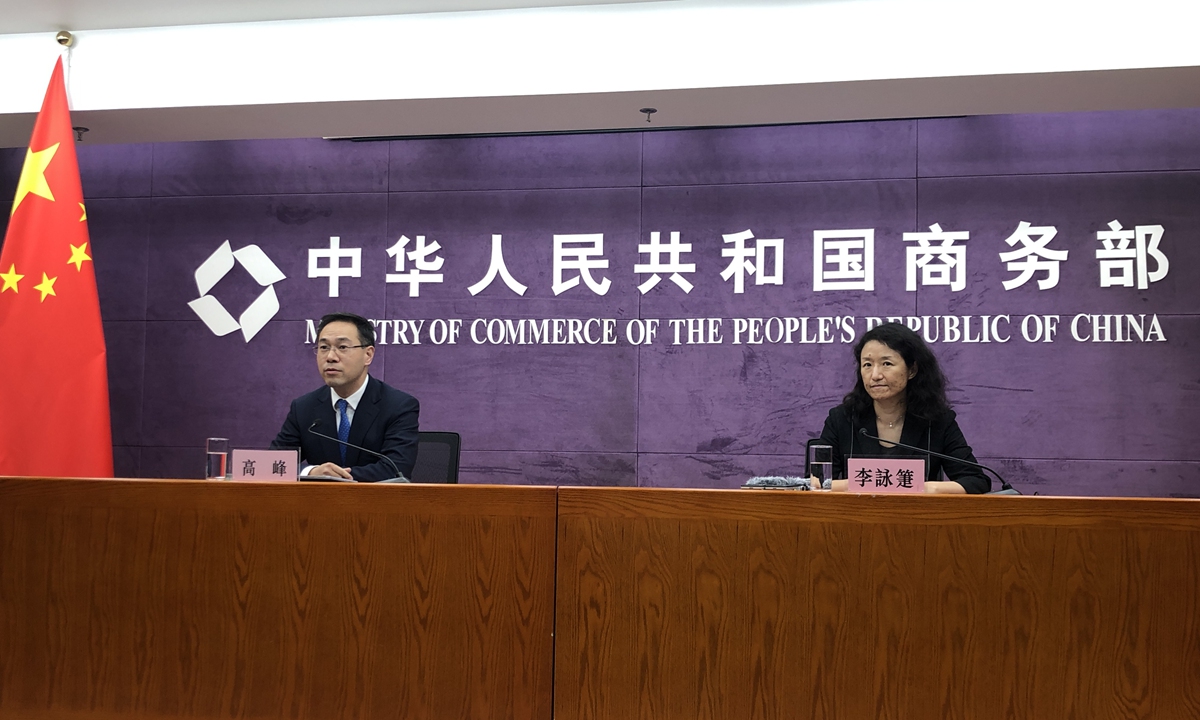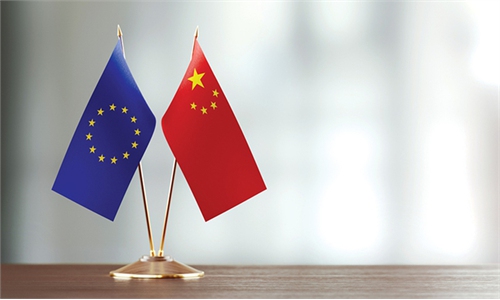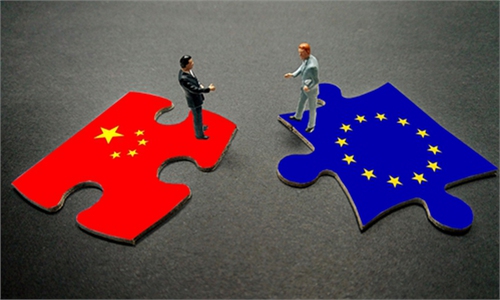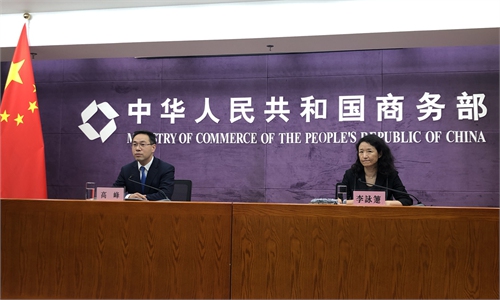
Photo: Zhang Hongpei/GT
The China-EU bilateral investment treaty (BIT) is a comprehensive, balanced and high-level deal benchmarking international high-level economic and trade rules and focusing on institutional openness, China's Ministry of Commerce (MOFCOM) said late Wednesday after Chinese and EU leaders announced the completion of negotiations over the long-anticipated deal.
Started in 2013, the China-EU investment pact talks went through 35 rounds of negotiations in seven years. It has taken enormous efforts from both sides, especially during this year when the two sides have overcome many difficulties caused by the COVID-19 pandemic and accelerated the negotiation process in accordance with the leaders' requests. Ten rounds of talks were held during the year, bringing the negotiations to a successful conclusion.
The comprehensiveness of the agreement is mainly reflected in the fact that it covers far more areas than traditional bilateral investment treaties, with outcomes covering four aspects, namely, market access commitments, fair competition rules, sustainable development and dispute settlement, the ministry said, noting that the balance is reflected in three aspects.
Both have made "high-level and reciprocal" market access commitments, and all the rules are "two-way applied," MOFCOM noted.
"While the two sides have made a promise to open up, they pay particular attention to retaining the necessary regulatory power," the ministry said. In addition, "the two sides lay emphasis on promoting bilateral investment cooperation as well as the benefit for sustainable development."
The "high-level" trait of the pact is shown by the high-level negotiation results in terms of investment liberalization and facilitation, level playing fields for companies, and rules related to market access and fair competition, which will reap benefits for Chinese firms, European firms and even global firms, according to MOFCOM.
Global Times



